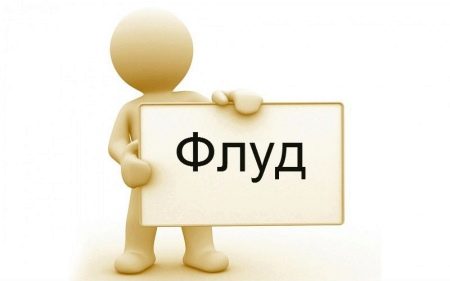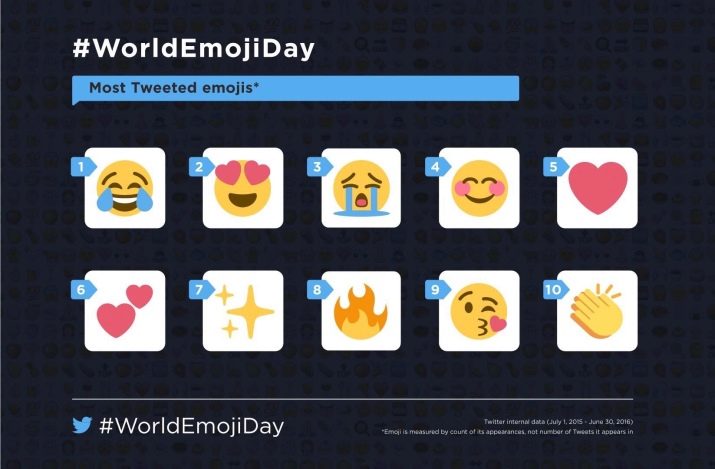Network Etiquette Rules: Code of Conduct

People adhered to the rules of etiquette long before the advent of computers. The norms of behavior help to adequately present one's person and opinion, to conduct a conversation in the form of a polite dialogue, to respect other people's understanding of the topic and maintain a healthy "microclimate" in communication.
Some people think that with the advent of computer technology and networking, you can forget about the norms of ethical behavior just because strangers sit on the other side of the screen with whom you will not have to meet. This position is unacceptable, because etiquette does not complicate life, but makes it easier. Therefore, the network has developed certain rules that polite people must follow.

Communication should be without emotion.
You can not succumb to every minute emotions. When communicating with a stranger, you should remember that he is real, but does not see or hear the opponent, but only reads the text. It is better to write understandable statements without provocations and hatred, otherwise you can provoke reciprocal anger and ruin your mood for a long time.
It should be remembered that each word is fixed and does not disappear anywhere, it can significantly harm both the other person and you.


It is better to discuss any topic politely, try to understand the interlocutor and calmly convey your position.
Standards of conduct online and in real life
In the real world, absolute freedom of behavior is not allowed, people are afraid of condemnation of others, or punishment for misconduct. It is not easy to catch the offender on the Internet. But this does not relieve him of moral responsibility. It must be remembered that there is a living person on the other side of the screen, and it is necessary to communicate with him in the same way as with people in a real society. If there are problems with etiquette, you should think about how you would act in ordinary life, looking into the eyes of the interlocutor.

Behavioral norms in thematic groups
When using the Internet for group communication, you should remember which group you are in. In a televised conference, it is perfectly normal to use rumors and gossip, and it is not permissible to invade the scientific environment with them. Once in a new thematic group, you should look around, delve into what is happening, and only then enter into a discussion.

Priceless time
When communicating in cyberspace, it is necessary to understand the value of time for each of us. Do not send thoughtless messages to e-mail or to the conference. The sending process takes time, the bandwidth of the channel is limited.


You should consider whether this message is necessary, if there is an opportunity to abstain, it is better to do so.
Personal assessment
You can chat online without introducing yourself. No one knows what the interlocutor looks like, the personality is assessed according to the texts presented. It should be written correctly, not idle talk, messages should be important and weighty, facts - only verified.

Help people
The Internet has answers to many questions. If someone asked a question, the answer to which you know, be sure to help the person. Help is a noble cause.When asking a question, you can exchange remarks by e-mail, then collect them, summarize them and send them as a general message to the conference. The information will be useful to other users.

Private correspondence
It is unethical to invade private correspondence, read or write lines for others. In no case should you forward someone else's correspondence to other people.


The ability to forgive
The network is full of messages from both literate and poorly educated people of different ages and different senses of the world. You should be tolerant and forgive people for stupid questions, long answers, and even a complete lack of logic in judgments. Respond only to help, not judge.

Delicate humor
Knowing the interlocutor poorly, one should carefully introduce humor or irony into messages. When developing relationships, it is better to delicately touch on popular topics in order to find out the range of interests of the opponent.

Flud or attracting attention
Flood - meaningless messages, for example: “Class! "," Tin! ". Some people need them to get attention. It only seems harmless, but in fact, flooders, with their stream of unethical statements, are capable of disrupting the conference.

Flames. Conflict provocation
Emotional remarks, regardless of the opinions of other participants in the communication, are called flames. They provoke the interlocutor, they can bring animation to the conversation, but if they cross a certain line, a conflict arises. Misunderstandings and mutual insults begin.

As a rule, several interlocutors participate in such a communication environment, but it is they who destroy the peace process of the conference.
The flame is similar to the flood, only it is more aggressive.
Offtopic. Subject Presence
The term means going beyond the topic.If there is a certain topic in the conference, you should not contradict it with pointless messages. Such behavior violates ethical standards and can be stopped by moderators.

Trolling. Provocative messages
People who do this hardly think about etiquette. Cynical, rude, provocative messages are thrown in order to embroil the participants in the conversation and destroy communication. Annoying society, trolls enjoy their own importance. Do not indulge them and enter into such a discussion.


Smilies. How to use
Cheerful images for text messages carry an emotional connotation. Often sites provide their own samples, but you need to use them in moderation. Overloading messages with emoticons can distract from the content of the conversation.

Literacy
You should reread your messages before sending them. The letter is easy to read without errors. There are plenty of programs on the internet that can help you with this. Competent text is a sign of respect for the interlocutor.

Two topics of social network behavior can be considered in more detail, they concern e-mail and conferences.
It is not so easy to compose a competent letter so that the interlocutor has a desire to answer it. There are basic concepts of norms of behavior when communicating by e-mail:
- First you need to introduce yourself, provide your general data. This is enough to start a conversation. Anonymous scribes are treated with caution, often without reading, their messages are sent to spam.
- It is better to indicate the subject of the letter, briefly highlight the main thing in order to attract attention.
- It is necessary to think over the content of the text well, remove errors and unnecessary phrases. You should break the letter into semantic paragraphs so that it is easier to read.You should not send a message in a large volume, since it can be inconvenient to read it, it is better to use capacious and accurate information.


- Conversational style is allowed in personal communication.
- During active correspondence, you can save the original text and several thematically clear letters.
- At the end of the text, a concise signature follows, which consists of the name and contact information. The census taker needs to know who they are talking to and how that person can be contacted.
- You can not forward someone else's message without the consent of the author.

During a synchronous conference, certain rules of etiquette should be followed:
- Communication must be polite.
- Do not deviate from the topic of the conference.
- Do not write messages that cannot be said in person.

- No need to send uninteresting texts.
- Communication is maintained with everyone, and not with one interlocutor.
- You can not ask private questions (age, work, marital status).
- It is unethical to joke or ask questions about nationality and religious beliefs.
- You should not show excessive activity, there should be an opportunity to speak out for other opponents.
- When typing messages, you should not turn on Caps Lock, capital letters in the text create emotional amplification, which is sometimes equated to a scream.
Ethical norms of behavior in the information network are necessary for cultural and safe communication.


A well-mannered person will not provoke a scandal; he will conduct a conversation in a tactful and friendly tone. Network ethics is not difficult, because it is no different from the culture of behavior in everyday life.
For more information about the rules of network etiquette, see the following video.




























